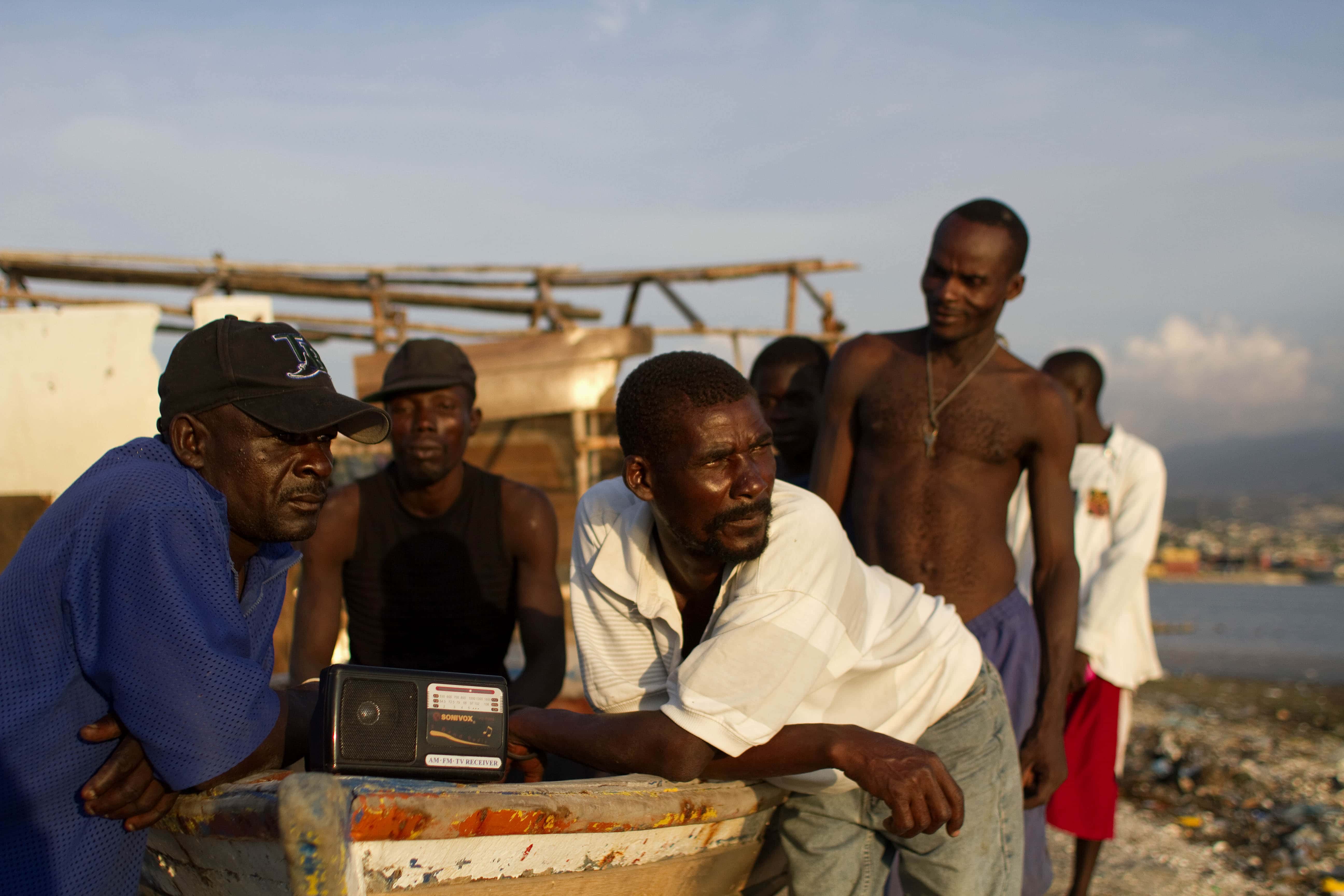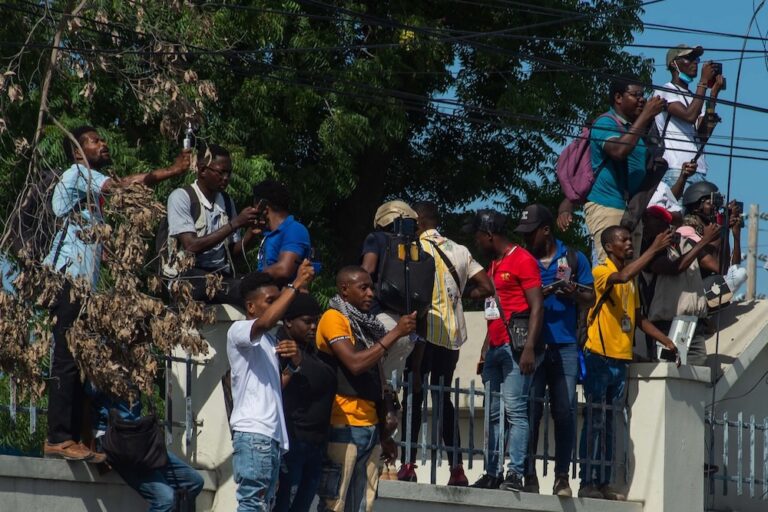Reporters Without Borders is alarmed by the communiqué that the National Telecommunications Council issued on 8 April 2014 condemning “certain” radio stations that “systematically broadcast false information liable to disturb pubic order".
Reporters Without Borders is alarmed by the communiqué that the National Telecommunications Council (CONATEL) issued on 8 April 2014 condemning “certain” radio stations that “systematically broadcast false information liable to disturb pubic order, destabilize the Republic’s institutions and attack the integrity of many citizens.”
The communiqué also reminded the media of the state’s communications monopoly and the sanctions applicable to any breach of the conditions for broadcasting information. Reporters Without Borders regards it as a threat to media freedom and fears it will have an impact on the work of Haiti’s journalists.
“We are worried by the current political climate, which reflects a desire to gag critical media,” said Camille Soulier, the head of the Reporters Without Borders Americas desk. “This kind of authoritarian discourse just encourages journalists to censor themselves and is counter-productive. Interior minister Réginald Delva should get CONATEL to retract this worrying statement.”
The broadcast media legality criteria cited by CONATEL date back to a 1977 decree requiring respect for public order, national security, international relations, morals and public decency.
The communiqué warned that news reports causing trouble to “normal life and society” would be punished and it listed the sanctions that CONATEL could apply, including fines and the withdrawal of broadcast licences.
The communiqué did not name any news media but, immediately afterwards, CONATEL issued a summons to Radio Télé Zénith accusing it of defaming the government. The station’s CEO, Rony Colin, rejected the accusation the next day, and received the support of SOS Journalistes, a local NGO that defends the media.
The interior minister subsequently distanced himself from the communiqué, stressing the importance of freedom of information in any democratic society, and promised to talk to CONATEL’s leaders.
Haiti is ranked 47th out of 180 countries in the 2014 press freedom index that Reporters Without Borders published in February, a fairly enviable position that is now threatened by the increase in intimidation of journalists of the past few months.
Eight journalists have recently reported being threatened to Reporters Without Borders.
When nine people were indicted in January for Radio Haïti Inter director Jean Dominique’s murder, Reporters Without Borders called for a determined effort to successfully conclude the investigation. It was the 14th anniversary of Dominique’s murder on 3 April.



